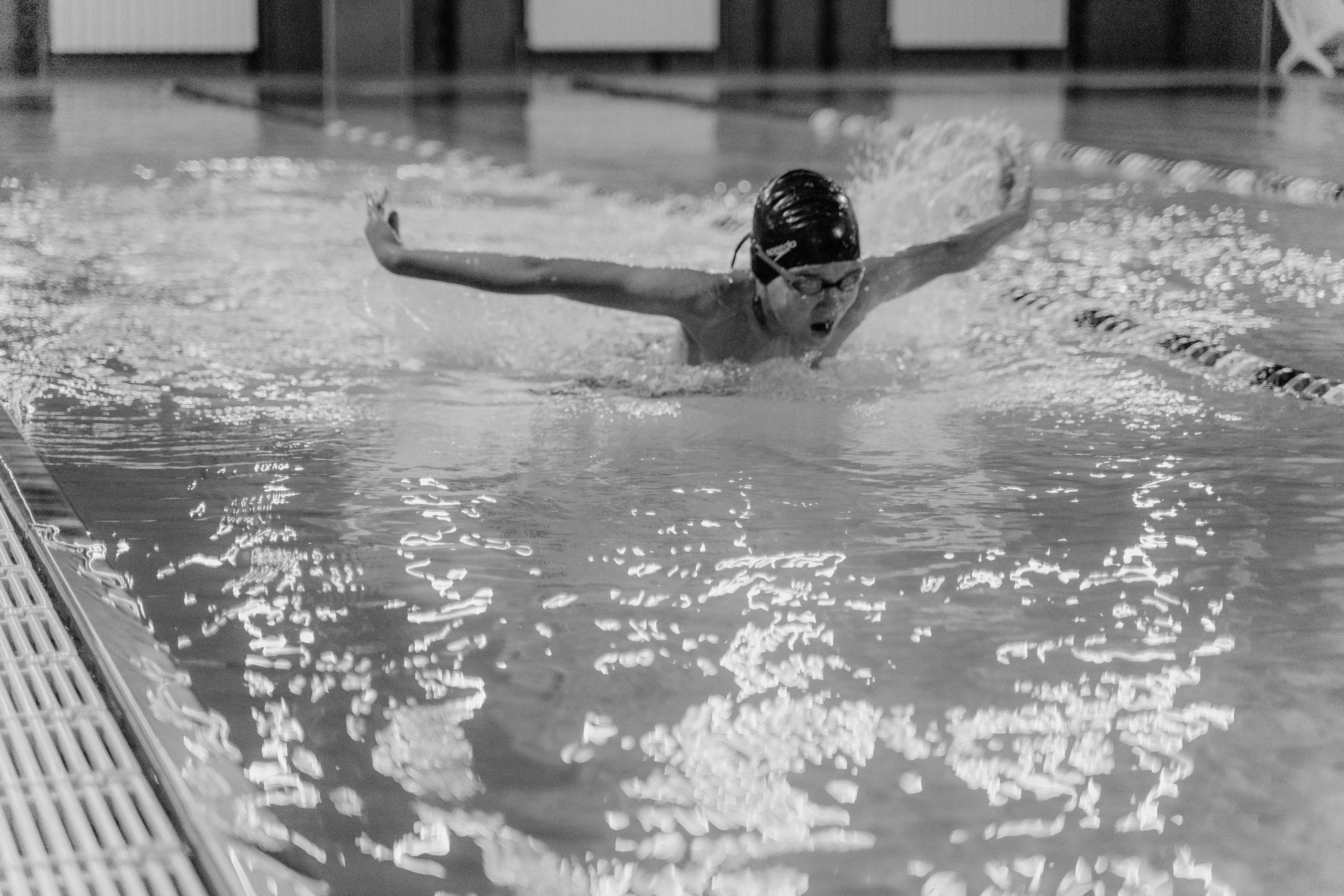I know what you might be thinking. Journaling as a Weight Loss Tool? It makes a lot of sense, and here’s why.
Diary of your food intake
Let’s start by keeping track of food intake. Believe it or not, people are always surprised when they start this process. Most are under the impression that you eat well, that you balance your nutrition, and that you don’t need to pay attention to the calories you consume every day. Here’s what using a journal as a weight loss tool can accomplish:
Makes you aware of what you’re really eating (those little things add up fast)
Take responsibility for yourself
Help you make better conscious food choices (instead of grabbing whatever’s convenient from the vending machine at the office)
Track your water intake (as silly as it sounds, it’s extremely important)
Help you plan meals and snacks in advance.
Keep you on track toward your personal goals (whether it’s losing weight or simply choosing to live a healthier lifestyle)
Did you know that the average woman only needs between 1,200 and 1,600 calories a day? Men, on the other hand, need around 1800-2200 per day, just like teenagers. However, the average American consumes far more calories than their body actually needs, and they don’t pay attention to the type of calories they eat.
Here is a warning and a challenge. Many people conclude that if eating 1,200 calories a day will help them lose weight; Wouldn’t eating fewer calories make you lose weight faster? The answer to that is no.
Eating less than 1,000 calories a day will actually produce the opposite results of what you want. When a person starts eating less than 1,000 calories in a day, his body goes into “starvation mode.”
First, your body will start to hold on to every bit of nutrition it receives, storing extra fat and adding to your weight problem. Second, sensing that you’re not getting enough fuel, your body will begin to consume your own lean muscle tissue, a process called catabolism, in order to fuel you. This causes more problems because not only do you lose your important, faster fat-burning lean muscle tissue, but you can also damage important organs in your body that consist of lean muscle.
here is the challenge
Keep track of your food and drink consumption for a week, without changing any of your normal habits. Add up your total calorie and water intake for each day at the end of the week and compare it to what the average person should consume. Also take this time to pay attention to the types of foods you chose and what times of day you tended to have the least control over what you ate. This will be revealing to say the least.
A tool, not a weapon
What I mean by that is don’t blame yourself for last week’s intake. Instead, think of it as your personal weight loss tool that gives you an idea of what kind of clothes you have now and what you can do to improve it. Keeping a weight loss journal is a very effective tool that can make a big difference in your health. Start small with new changes and you’ll soon be on the path to healthy living.
